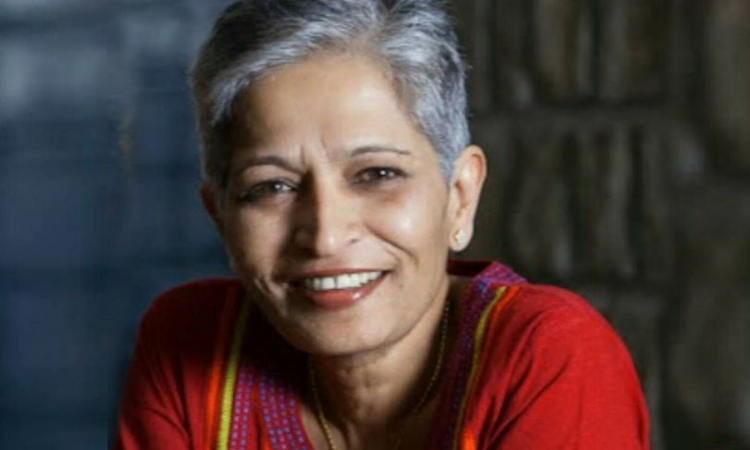The Karnataka High Court recently dismissed an appeal filed by 10 accused allegedly involved in the murder case of journalist Gauri Lankesh, challenging an order rejecting their application for default bail by the special court. A single judge of Justice K.S.Mudagal while dismissing the appeal filed by prime accused Amole Kale and others said,"The attack on the impugned order was that...

